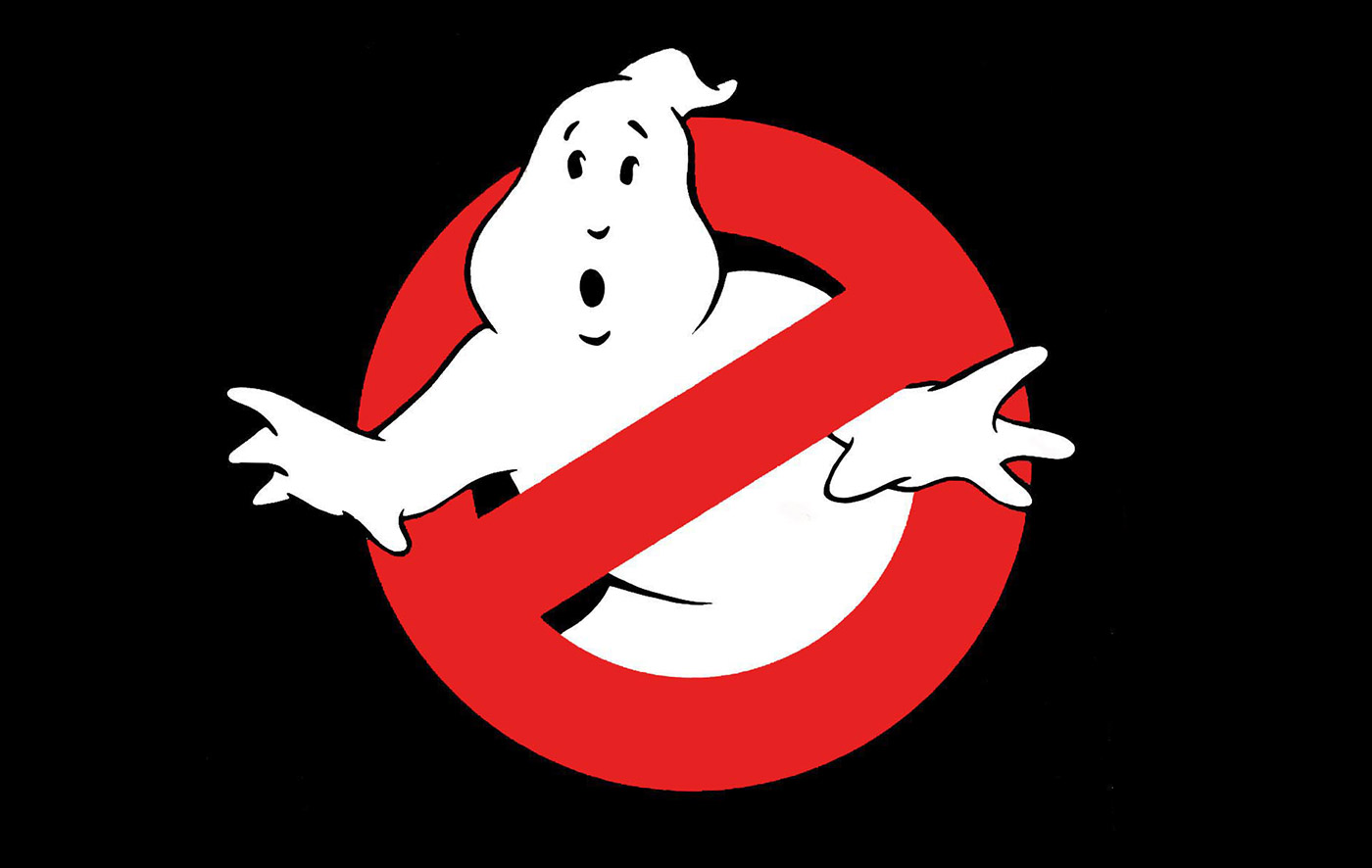On planet Dave, there is a special governmental agency called the Department of Epidemiology and Immigration. I’ve come to regard these two disciplines as sub-specialties of the same concern. One worries about foreign bodies that are microscopic; the other worries about foreign bodies that are human-sized. And so, by divine fiat, I’ve fused the two concerns.
To my knowledge, the first writer to recognize a connection between germs and aliens was H.G. Wells in his War of the Worlds. Martians invade but are thwarted, not by human ingenuity, but by bacteria to which the aliens have no immunity. Vampire and Zombie lore also engages both concerns: foreigners proliferate at the expense of locals and they accomplish this through the spread of “disease”, by biting necks or eating brains as the case may be.
All these scenarios can be interpreted as coded vehicles for conservative political ideologies: keep foreigners in their own countries so they can’t steal our jobs and ruin everything with their strange customs and funny ways of speaking. It is arguable that the message of invasion books and films has infected mainstream culture. For example, one wonders if it is a coincidence that more restrictive immigration policies (e.g. the Harper government’s refusal to allow appeals from Immigration Review Board decisions) appeared fast on the coat tails of a nation-wide hand sanitizing explosion. Yeah, I know, Toronto had SARS. But what about the self-sealing envelopes at banking machines? They were a response to the dreaded anthrax attacks. Ditto for self-adhesive postage stamps. And gays gave the world HIV/AIDS. And zebra mussels will devour the planet. As for the Quebecois, don’t get me started …
In my view, the threat of foreign invasion has had its run. Arizona is fifty years behind the times. More subtle expressions of conservative political ideology have been oozing their way into pop culture for years now. Ghostbusters is a good example. Ostensibly, it’s a variant of the invasion film, but look closely. Something else is going on. Remember when Walter Peck arrives from the EPA with an order to shut down the power grid? He claims the Ghostbusters are running an unlicensed hazardous waste containment facility. They claim they use the grid to warehouse ghosts, but Peck is the consummate bureaucrat, incapable of thinking outside the box of his regulatory bloat. Everybody knows there’s no such thing as ghosts. In his faithlessness, he shuts down the grid and all hell breaks loose. We, of course, cheer for the Ghostbusters who have come to cut through the red tape and get the job done.
Through the haze of a hundred clichés we see the film for what it is: an anti-government pro-privatization call to arms. It portrays the bureaucrats as bumbling fools who don’t know what they’re doing. The motivated experts embrace private enterprise. They’re the ones with the incentive to act in the public interest. Everybody knows that corporations always stay lean to avoid the kind of bloat and inefficiencies that inevitably infect public institutions.
BP is an excellent example of how this works. Operating without the annoying interference of civil servants, and obviously uninfluenced by subsidies and tax breaks, BP has responded effectively to environmental concerns in the Gulf of Mexico. After all, private experts always have the best ideas and access to the greatest resources. It’s like there’s an invisible hand at work—an invisible ghostly foreign hand helping to scrub clean the Gulf Coast and to make sure everything is shining and lovely again. Thank you, BP. And thank you, Ghostbusters, for saving us from the likes of Walter Peck.
